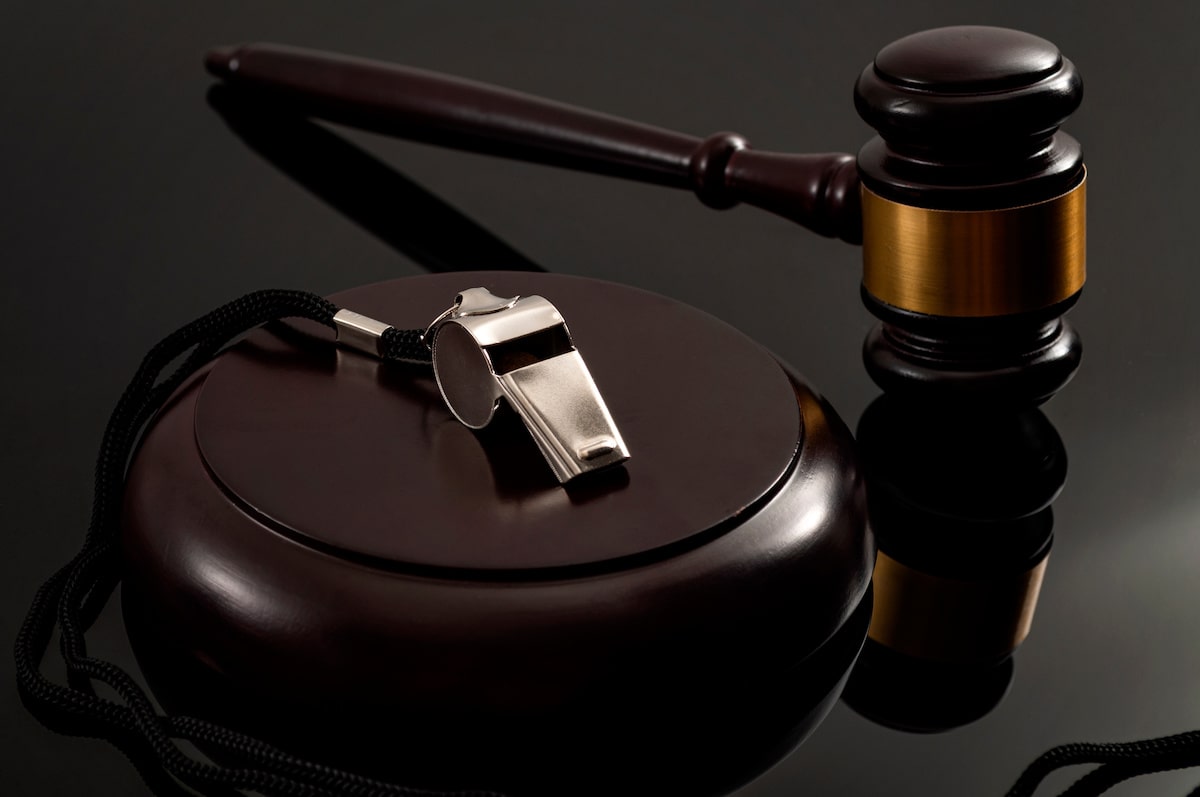In recent conversations with attorneys representing homeowners against insurance companies in claims practice disputes, a number of recurrent themes in discovery arise. Insurers typically raise relevancy, privacy, trade secret and burden objections when policyholders attempt to find internal documents explaining the how, what, and why of an insurer’s claims procedures. Policyholder counsel must make motions to compel in spite of these common objections or those claims procedures and the motives behind them will never see the light of day.
For example, Grange Mutual Ins. Co. v. Trude, 151 S.W. 3d 803 (KY 2004), is a bad faith case arising from a car accident. The bad faith claim alleged that Erica Barnes, the adjuster for Grange Mutual Insurance Company (“Grange”), undervalued the claim during negotiations and that she repeatedly delayed communicating with the plaintiff’s attorney. The plaintiff served forty-two discovery requests. Grange objected to sixteen of them on the following grounds: relevancy, privacy, improper motive, trade secret, and burdensome. The trial court overruled Grange’s objections and granted the plaintiff’s motion to compel. Grange sought a protective order and the trial court denied the request. Grange again requested a protective order, this time, requesting an in camera inspection of the materials to be produced. The request was denied. Grange then filed a petition with the Court of Appeals. The Court of Appeals denied the petition because it determined that Grange failed to prove irreparable harm. For those of you that are enjoying this already, the really good part is next…
When analyzing the discovery dispute, the Court started with this very basic principle:
…[P]arties may obtain discovery regarding any matter, not privileged, which is relevant to the subject matter involved in the pending action…It is not grounds for objection that the information sought will be inadmissible at the trial if the discovery sought appears to be reasonably calculated to lead to the discovery of admissible evidence.
At issue first, were interrogatories and requests for production focused on obtaining information regarding bad faith claims brought against Grange by private plaintiffs or the Kentucky Insurance Commission. Grange argued the information was not relevant because it covered claims against adjusters other than the one who handled the plaintiff’s claim. The Kentucky Supreme Court disagreed with Grange, explaining:
It is enough for us to note that discovery of information and documents related to similar claims involving other adjusters could reveal a pattern of bad faith conduct on the part of Grange. This would certainly be relevant to Wilder’s [Plaintiff’s] bad faith claim, regardless of whether such information was admissible at trial.
Additional requests sought manuals containing Grange’s internal policies and procedures for evaluating and adjusting claims. Sound familiar? Grange again objected to this production based on trade secret concerns and that they were irrelevant. The court explained that the question was whether Grange’s own policies embody or encourage bad faith practices and compelled the production of the training and policy manuals. The Court went on to explain that Grange’s methodologies for setting reserves on claims were also discoverable, stating that their relevancy was “obvious.” Evidence of Grange’s procedures for establishing reserves could help show whether Grange was complying with statutory and regulatory requirements and whether Grange’s process for setting reserves was aimed at achieving unfairly low values.
Grange also argued that the plaintiff was seeking certain information for improper purposes, such as use in other litigation. Many of you are familiar with the insurer’s motto of “divide and conquer.” Insurers really don’t want plaintiff’s attorneys working together and sharing information. That’s why many carriers will seek protective orders and/or ask plaintiff’s counsel to enter into a confidentiality agreement at the outset of discovery. They don’t want the information produced in one lawsuit to be used against them in another. Fortunately, the Supreme Court of Kentucky saw right through this:
That discovery might be useful in other litigation or other proceedings is actually a good thing because it furthers one of the driving forces behind the Civil Rules by allowing the cost of repeating the discovery process to be avoided and thereby encouraging the efficient administration of justice.
That’s the last thing carriers want as law in discovery.
The insurers also objected to production of personnel files, but the Court held they were discoverable:
Job performance and disciplinary information can help show that the adjusters and their superiors had engaged in bad faith practices in adjuster Wilder’s [Plaintiff’s] initial claim or that they had engaged in bad faith practices at other times.
The Court ordered Grange to produce those portions of the personnel files regarding job performance, bonuses, wage, salary data and disciplinary matters. The Supreme Court of Kentucky also stated that internal company newsletters that relate to claims handling could contain evidence that Grange knew of or encouraged bad faith claims handling by its adjusters. Those documents were relevant and discoverable as well.
The “trade secret” objection is often raised. Again, the trial judge ruled against Grange on this objection for many of the discovery requests at issue. There were several bases for the Kentucky Supreme Court’s ultimate decision requiring the production: Grange did not introduce specific evidence for each document or category of documents for which it asserted the trade secret privilege; Grange never submitted nor sufficiently described the documents in question; and Grange did not provide a privilege log. But it doesn’t stop there. The party asserting the privilege has the burden of proving that it applies.
The big picture is that courts will require production of internal claims management documents, but policyholders have to be ready for repetitive objections and willing to file motions to compel. You can’t just sit back and expect the Court to hand you the ruling you want.
Happy Friday!



